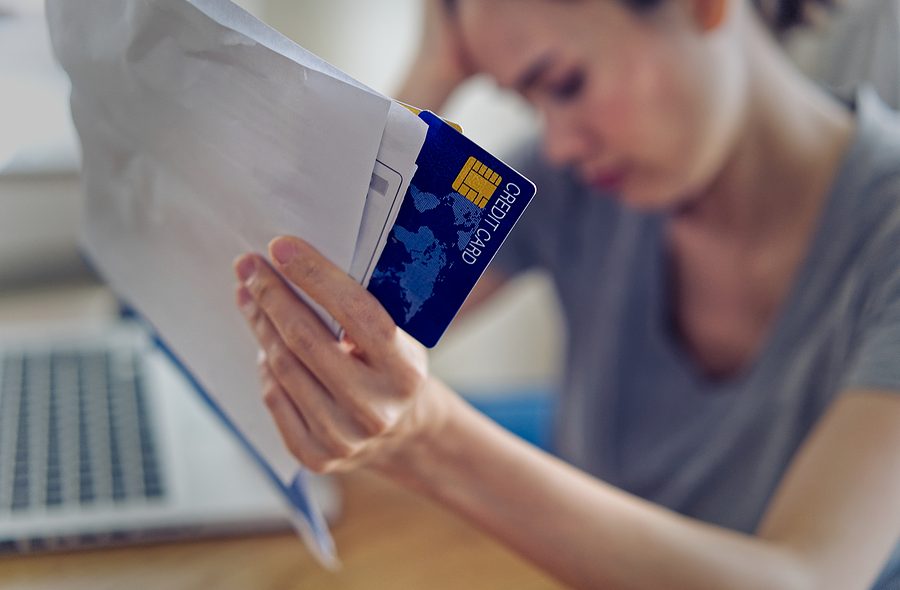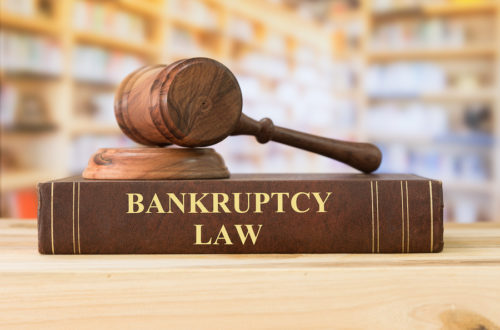The COVID-19 pandemic has pushed many Americans into financial struggles. The disruption to employment, childcare, and school routines crippled the economy and forced millions of women and families to the financial brink. While many have bounced back, others continue to struggle.
According to a new survey from Forbes Advisor, 75 percent of American consumers have reported missing payments or making a late payment at least once on their credit cards due to the COVID-19 pandemic.
Even more disturbing is the fact that just under half of those surveyed, roughly 43 percent, say they missed their credit card payments due to needing the money that would have gone to paying the credit card to pay for necessary living expenses. Another 27 percent say that they could not pay their credit card bills due to unexpected expenses arising.
Credit card bills can quickly get out of control due to the high interest rates associated with them. If a customer is not able to pay their bill in full every month, the outstanding balance will be hit with interest charges on their balance. Many times, the rates charge can be anywhere between 15 to 25 percent. According to this survey, 40 percent of consumers say they are dissatisfied by their credit card interest rates for this very reason.
However, these interest rates do not matter much for consumers who do not carry a high balance. The problem is the majority of those surveyed do not fall into this category. Of those surveyed, 90 percent report carrying a balance occasionally, but 41 percent surveyed said they carry a balance every month.
To avoid falling into the trap where a consumer is not able to pay his or her credit card bills, many different options exist. Credit consolidation cards are available for consumers to transfer their outstanding balances with an introductory zero percent APR, so long as they are able to pay the balance before the introductory period ends. Consumers can also pay off their outstanding balances, consolidating them, with a personal loan.
Unfortunately, more and more consumers are relying on their credit cards to pay for necessary living expenses to get by. Without being able to pay off their balances in full and adding charges to the balance every month, it becomes even harder to pay off the balance in the end.
As bankruptcy attorneys, we see credit card debt as one of the most common problems facing those with serious financial challenges. It is not surprising with the high interest rates, unreasonable fees, harassing debt collection calls, penalties and never-ending minimum payments that do not even make a dent in your actual debt.
Filing for bankruptcy is a viable option for those struggling with insurmountable credit card debt. Chapter 7 is the fastest form of consumer bankruptcy and forgives most unsecured debts like credit card debt, medical bills and personal loans. There are certain qualifications a consumer must meet in regards to income, assets and expenses to file for Chapter 7 bankruptcy, which is determined by the bankruptcy means test.
Please click here to read more.
If you have questions on this topic or are in financial crisis and considering filing for bankruptcy, contact an experienced Miami bankruptcy attorney who can advise you of all of your options. As an experienced CPA as well as a proven bankruptcy lawyer, Timothy Kingcade knows how to help clients take full advantage of the bankruptcy laws to protect their assets and get successful results. Since 1996 Kingcade Garcia McMaken has been helping people from all walks of life build a better tomorrow. Our attorneys’ help thousands of people every year take advantage of their rights under bankruptcy protection to restart, rebuild and recover. The day you hire our firm, we will contact your creditors to stop the harassment. You can also find useful consumer information on the Kingcade Garcia McMaken website at www.miamibankruptcy.com.


